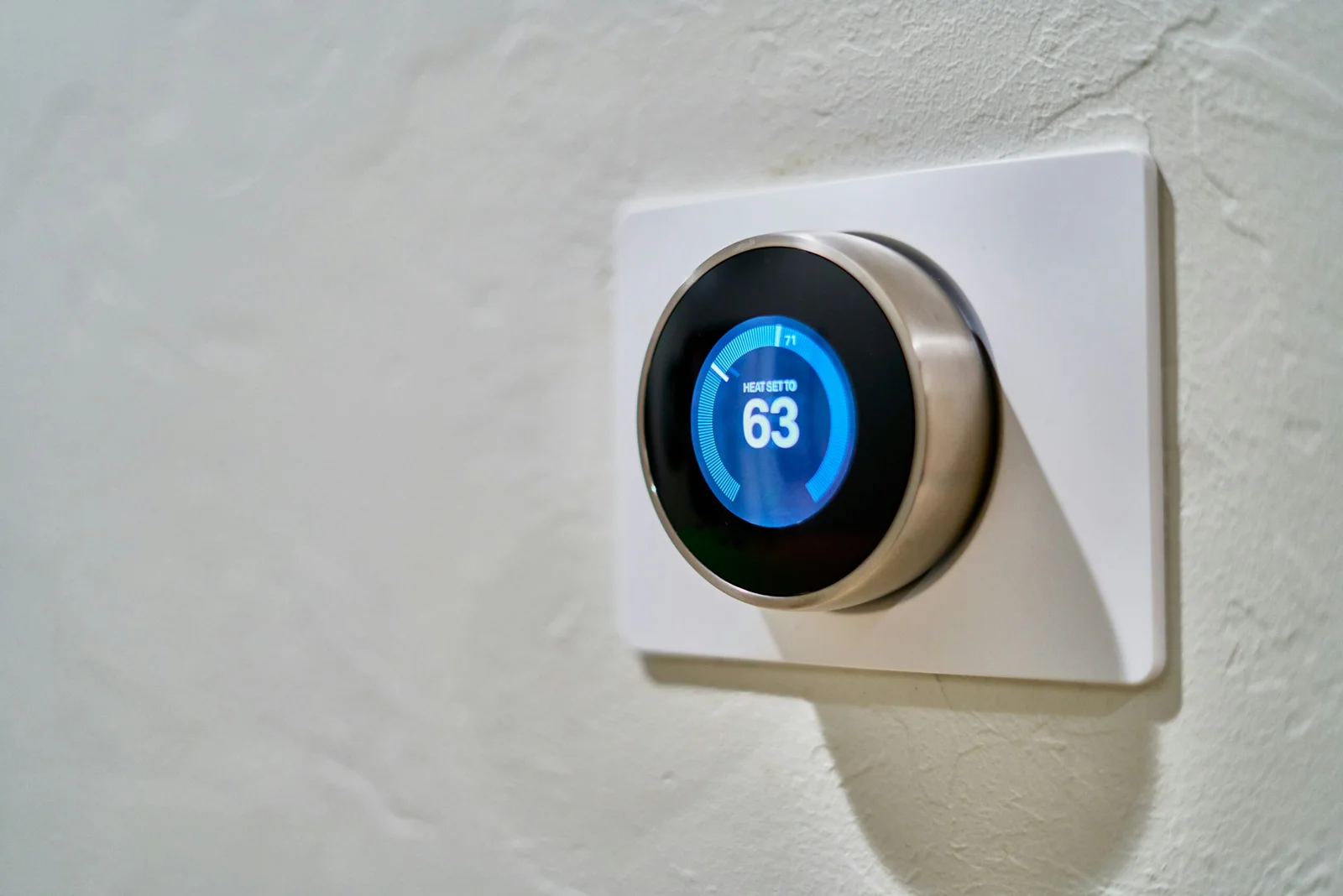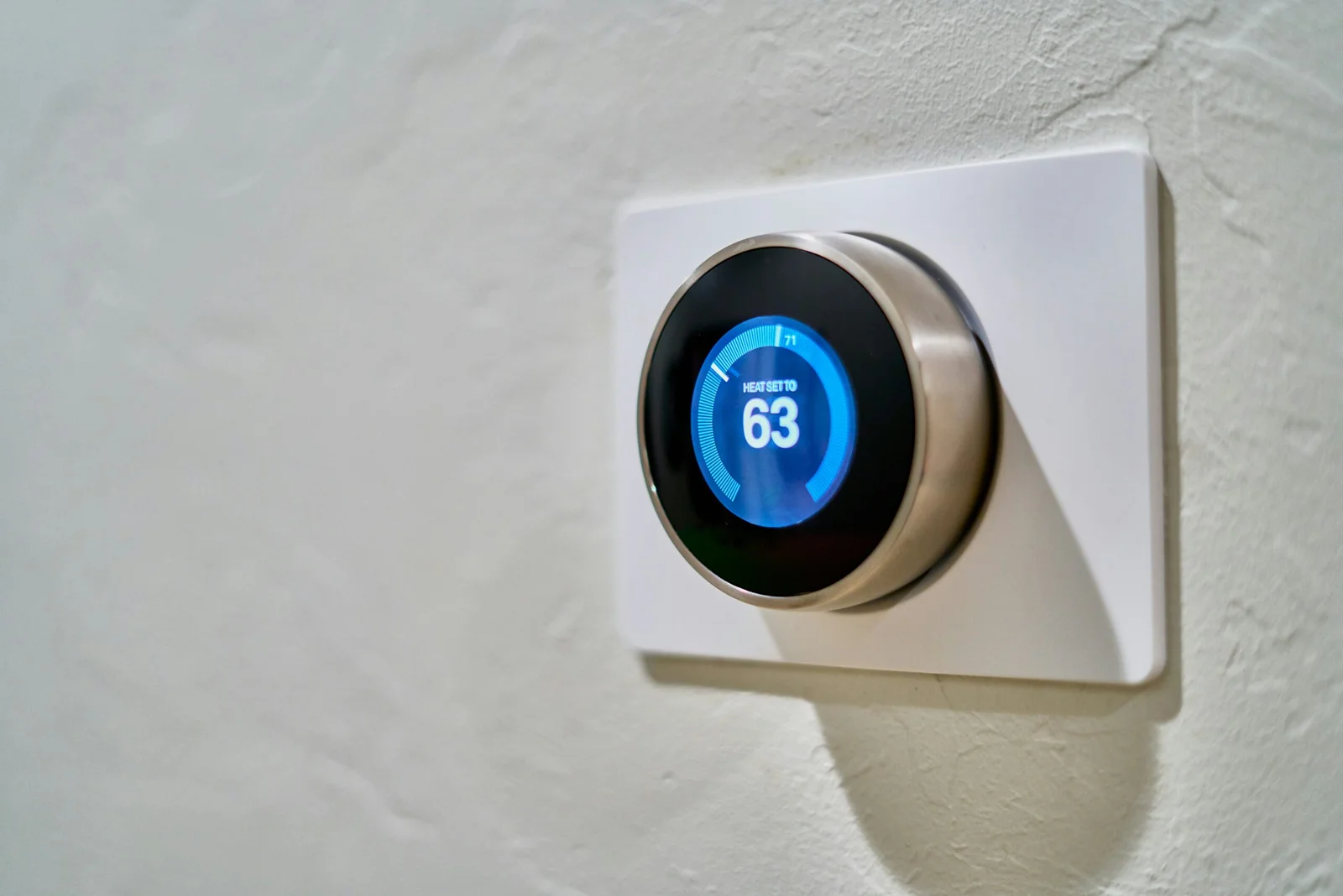Understanding Your Target Market
Understanding your target market is paramount for the success of your smart home service business. Identifying and comprehending your audience’s needs, preferences, and behaviors enables you to craft tailored marketing strategies that resonate with potential customers. One effective way to achieve this is by creating detailed customer personas, which are semi-fictional representations of your ideal clients. These personas can be developed by analyzing demographic data such as age, gender, income level, education, and occupation. Additionally, delving into their interests, hobbies, and specific pain points will provide deeper insights into their preferences and challenges.
Various methods can be employed to gather this essential data. Customer surveys stand out as a direct and efficient approach, allowing you to query your existing client base about their experiences and expectations. These surveys can be conducted online, via email, or even in person, providing qualitative and quantitative data that paint a vivid picture of your customer base. Another valuable resource is social media insights, which offer a wealth of information about user behaviors, engagement patterns, and interactions with your brand. Platforms like Facebook, Instagram, and Twitter enable you to monitor conversations, track trends, and gauge sentiments, which all contribute to a comprehensive understanding of your audience.
Market research reports provide a macroscopic view by aggregating data from broader industry trends and consumer behavior studies. These reports can give you insights into market demand, competitive landscape, and emerging technologies relevant to smart home services. Leveraging these reports can help bridge any gaps in your understanding and offer a strategic advantage.
Incorporating these methods to understand your target market aids in tailoring your marketing efforts to be more effective. By doing so, you can craft compelling messages, choose appropriate communication channels, and ensure your services meet your audience’s specific needs and expectations. This understanding not only fosters customer satisfaction but also drives business growth by enhancing your ability to connect with and attract your ideal customers.
Building an Effective Online Presence
In today’s digital-centric marketplace, establishing a robust online presence is indispensable for smart home service businesses. The cornerstone of this strategy is crafting a user-friendly and informative website. Visual appeal coupled with intuitive navigation ensures visitors find the information they need quickly, reducing bounce rates. Essential elements include clear service descriptions, contact information, and compelling calls to action.
Search engine optimization (SEO) plays a vital role in increasing the website’s visibility. Incorporate relevant keywords naturally throughout the site content, including headers, meta descriptions, and image alt texts. Regularly updating the blog section with valuable content related to smart home services not only helps with SEO but also positions your business as an authority in the industry.
Beyond website optimization, social media platforms such as Facebook, Instagram, and LinkedIn are powerful tools for driving engagement. Each platform offers unique opportunities for interaction. For instance, Facebook allows for detailed service descriptions and customer reviews, while Instagram is ideal for showcasing visual stories and home automation projects. LinkedIn, on the other hand, helps build professional credibility and network with other industry players.
Active participation on these platforms requires sharing content that resonates with your audience. This can range from informative posts about the latest smart home trends to behind-the-scenes looks at projects or client testimonials. Engaging with your audience through comments, likes, and shares fosters a sense of community and keeps your brand top-of-mind.
Online reputation management should not be overlooked. Responding thoughtfully to reviews and client testimonials demonstrates your commitment to customer satisfaction. Positive interactions reinforce trust and credibility, while addressing negative feedback promptly and professionally can turn a dissatisfied customer into a loyal one. Utilizing online reputation management tools can help monitor and manage your business’s reputation across various platforms.
By integrating these strategies, smart home service business owners can build an effective online presence that attracts and retains customers, ultimately driving growth and success in the competitive market.
Leveraging Local Marketing Tactics
For smart home service business owners, being able to stand out within your local community is crucial. Employing local marketing strategies can vastly enhance your brand’s visibility and foster stronger connections with the residents in your area. One effective approach is networking with local businesses. Building relationships with complementary businesses, such as home improvement stores or real estate agencies, can lead to mutually beneficial partnerships, enabling cross-promotion and enhancing your local reach.
Another powerful strategy is participating in community events. Sponsoring local events or having a presence at community fairs, exhibitions, and workshops can significantly boost your brand exposure. Such events offer an excellent platform to demonstrate your products and services directly to potential customers, creating a lasting impression through hands-on experiences and personal interactions.
Local SEO (Search Engine Optimization) also plays a pivotal role in ensuring your business appears prominently in local search results. Fine-tuning your website with locally-focused keywords and registering your business on various local listing platforms, such as Google My Business, Bing Places, and Yelp, can enhance your online visibility. Positive reviews and accurate, up-to-date information will help potential clients in your vicinity find your services effortlessly.
Direct mail campaigns are another tactic that, despite seeming old-fashioned, can be very effective. Personalized mailers sent to local addresses can capture the attention of recipients, showcasing special offers, seasonal promotions, or informative content about smart home solutions. A tangible piece of marketing material can stand out more than an overload of digital information.
Forging local partnerships, such as collaborating with schools, libraries, or clubs, can also expand your community presence. These partnerships can facilitate workshops, informational sessions, or sponsorship opportunities, positioning you as a trusted, involved community member. Sponsorship of local events, sports teams, or charities not only increases visibility but also demonstrates your commitment to contributing positively to the local area, building goodwill and customer loyalty.
In sum, leveraging local marketing tactics allows you to cultivate a strong local presence, build community connections, and attract more clients to your smart home service business.
Cost-Effective Digital Marketing Techniques
For smart home service business owners, leveraging cost-effective digital marketing techniques can significantly boost brand visibility and customer engagement. One of the most efficient methods is email marketing. By nurturing leads and maintaining relationships with existing customers through personalized email campaigns, businesses can offer value that fosters loyalty. Key to this approach is segmentation—dividing your email list into target demographics ensures that the content you send is relevant and engaging. Employing automation tools can streamline the process, making it manageable even for small teams. Regular newsletters, promotional offers, and informative content about the latest in smart home technology can keep your audience engaged and invested.
Pay-per-click (PPC) advertising and social media ads offer another layer of visibility for your smart home service business. By setting clear budgets and targeting ads to specific segments such as geographic location or user behavior, you can maximize the impact of your investment. Platforms like Google Ads and Facebook Ads provide analytical tools to monitor and adjust your campaigns for better performance continually. Tailoring your ads to highlight unique selling points and seasonal promotions can drive traffic and increase conversion rates without exorbitant expenses.
Content marketing remains a cornerstone of any successful digital strategy. Creating engaging blog posts and informative videos not only helps in educating your audience but also establishes your authority in the smart home industry. Topics could range from explaining new smart home technologies to presenting case studies showcasing your services’ effectiveness. Consistent, high-quality content that addresses common consumer questions can improve your search engine rankings, making your services easier to find. Leveraging SEO best practices will further amplify these efforts, driving organic traffic to your site.
Incorporating these techniques into your marketing strategy can offer substantial benefits without overwhelming your budget. By focusing on email marketing, strategic PPC and social media ads, and robust content marketing, smart home service businesses can cultivate a strong online presence and engage effectively with their target audience.



